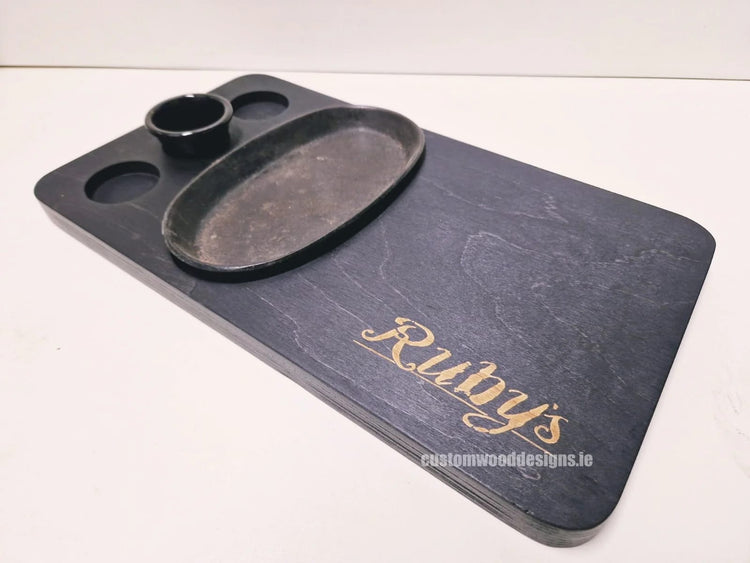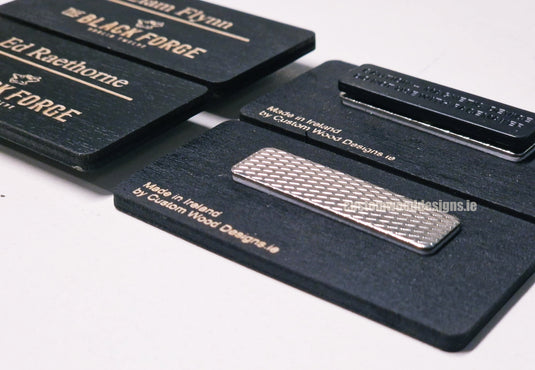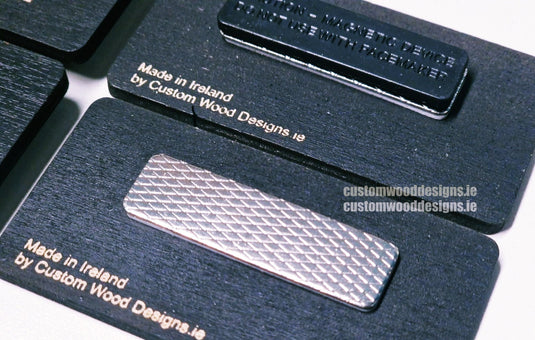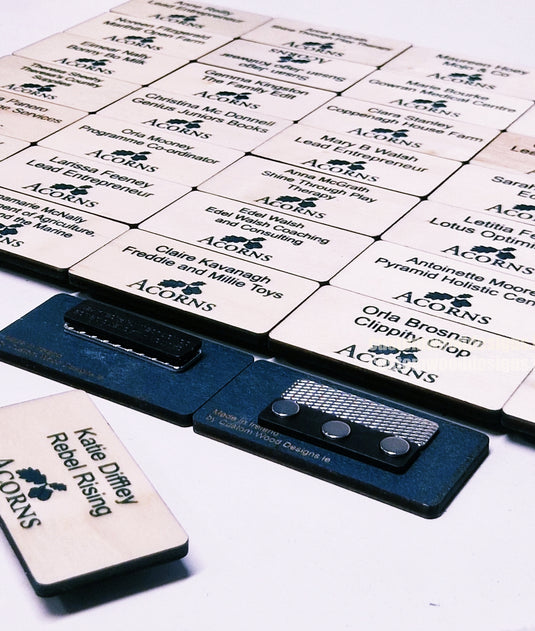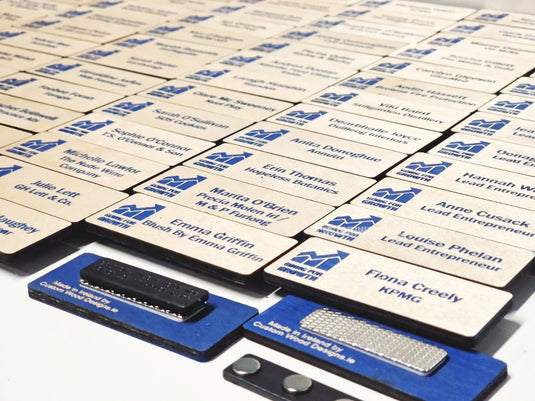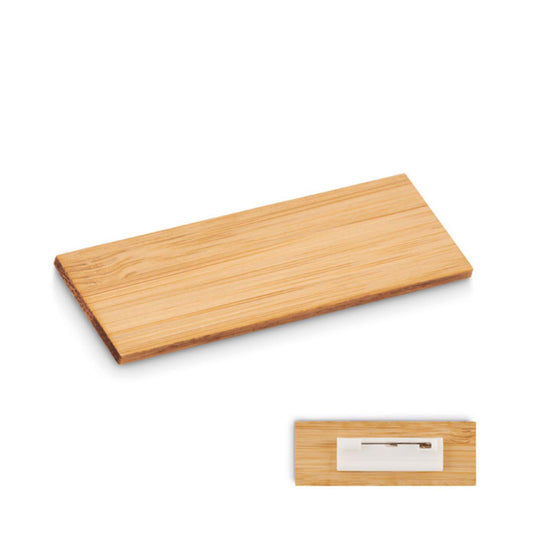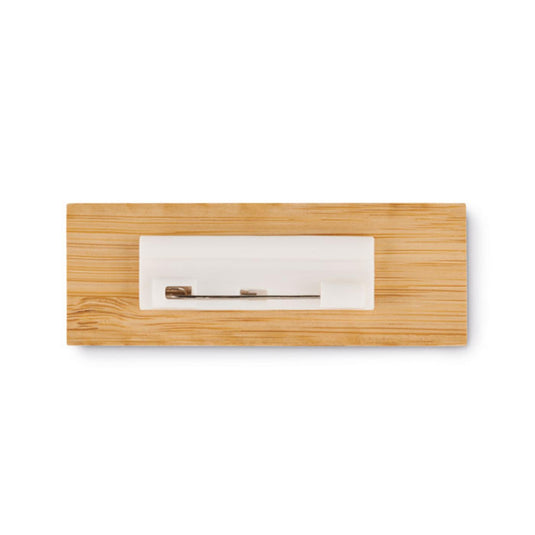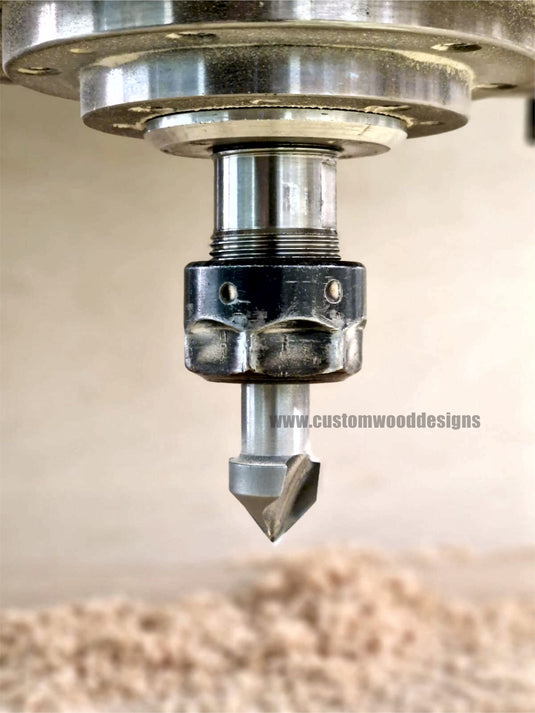Sustainable design is reshaping the hospitality industry, driven by a growing demand for eco-friendly hospitality experiences. As guests seek meaningful connections with the places they visit, hotels and restaurants are responding by adopting green practices in hotels that prioritize both aesthetics and environmental responsibility. By incorporating energy-efficient technologies and embracing local sourcing, hospitality businesses are not only reducing their carbon footprint but also enhancing their brand image. This shift towards environmentally conscious design reflects a larger trend within the industry, where sustainability is no longer just an option but a vital component of success. As these practices gain momentum, they set a standard for others to follow, encouraging a wider adoption of sustainable efforts that benefit both the planet and the bottom line.
Sustainable Design in Hospitality: How Eco-Friendly Practices Are Changing the Game
Sustainable design is reshaping the hospitality industry, driven by a growing demand for eco-friendly hospitality experiences. As guests seek meaningful connections with the places they visit, hotels and restaurants are responding by adopting green practices in hotels that prioritize both aesthetics and environmental responsibility. By incorporating energy-efficient technologies and embracing local sourcing, hospitality businesses are not only reducing their carbon footprint but also enhancing their brand image. This shift towards environmentally conscious design reflects a larger trend within the industry, where sustainability is no longer just an option but a vital component of success. As these practices gain momentum, they set a standard for others to follow, encouraging a wider adoption of sustainable efforts that benefit both the planet and the bottom line. For eco-friendly hospitality products, check out our wooden food service boards.
Impact of Sustainable Design
Sustainable design is transforming the hospitality industry, creating spaces that are both beautiful and environmentally responsible. This section explores how eco-friendly practices and green initiatives are reshaping hotels and restaurants.
Eco-Friendly Hospitality Practices
Eco-friendly hospitality practices are becoming increasingly important in the industry. These practices focus on reducing environmental impact while enhancing guest experiences.
Many hotels now use digital check-ins and keyless entry systems, reducing paper waste and plastic key cards. This not only saves resources but also streamlines the guest experience.
Restaurants are adopting farm-to-table concepts, sourcing ingredients locally to reduce transportation emissions and support local economies. This approach also ensures fresher, more flavorful meals for guests.
Water conservation efforts, such as low-flow fixtures and water recycling systems, are being implemented in both hotels and restaurants. These initiatives significantly reduce water usage without compromising guest comfort.
Green Practices in Hotels
Green practices in hotels go beyond basic recycling programs, encompassing a wide range of sustainability initiatives that benefit both the environment and the bottom line.
Energy management systems are becoming standard in many hotels, automatically adjusting lighting and temperature based on occupancy. This reduces energy waste and cuts operational costs.
Sustainable outdoor hospitality furniture made from recycled or responsibly sourced materials is gaining popularity. These pieces not only look great but also demonstrate a hotel's commitment to sustainability.
Many hotels are now offering guests the option to skip daily room cleaning, reducing water and chemical use. Some even provide incentives like loyalty points or dining credits for participating in these programs.
Materials and Technologies
The hospitality industry is embracing innovative materials and technologies to create more sustainable spaces. This section looks at energy-efficient solutions and the importance of local sourcing in design.
Energy-Efficient Technologies
Energy-efficient technologies are at the forefront of sustainable design in hospitality, helping businesses reduce their carbon footprint and operational costs.
Smart building management systems use sensors and AI to optimize energy use throughout a property. These systems can adjust lighting, heating, and cooling based on occupancy and time of day.
LED lighting has become the standard in many hotels and restaurants. These bulbs use up to 75% less energy than traditional incandescent bulbs and last much longer, reducing replacement costs.
Solar panels and other renewable energy sources are being integrated into hotel designs. Some properties are even achieving net-zero energy status, producing as much energy as they consume.
Local Sourcing in Design
Local sourcing in design is a key aspect of sustainable hospitality, supporting local economies and reducing transportation-related emissions.
Hotels are increasingly working with local artisans to create unique furniture and decor pieces. This not only results in one-of-a-kind designs but also helps preserve traditional crafts and supports local communities.
Using locally sourced materials like stone or wood in construction and design reduces transportation costs and emissions. It also helps create a sense of place, connecting the property to its surroundings.
Many hotels are incorporating local art and photography into their decor, showcasing the talent of nearby artists and providing guests with a authentic local experience.
Trends Inspiring Change
Sustainable design trends are inspiring widespread change in the hospitality industry. This section examines how environmentally conscious design is shaping the future of hotels and restaurants.
Environmentally Conscious Design
Environmentally conscious design is becoming a cornerstone of modern hospitality, influencing everything from architecture to guest amenities.
Biophilic design, which incorporates natural elements into built environments, is gaining traction. Hotels are adding living walls, indoor gardens, and natural light features to improve air quality and guest well-being.
Circular economy principles are being applied to hospitality design. This includes using recycled materials in construction and furnishings, and designing spaces for easy disassembly and material recovery at the end of their lifecycle.
Some hotels are going beyond traditional green certifications to pursue rigorous sustainability standards like the Living Building Challenge. These properties aim to be regenerative, producing more energy than they use and treating all water on-site.
Hospitality Industry Trends
The hospitality industry is seeing a shift towards more sustainable and experiential offerings, driven by changing consumer preferences and environmental concerns.
Wellness tourism is on the rise, with hotels incorporating features like air purification systems, circadian lighting, and fitness spaces with eco-friendly equipment.
Many properties are focusing on creating authentic, local experiences for guests. This includes offering cooking classes with local ingredients, guided nature walks, and partnerships with local conservation efforts.
Technology is playing a crucial role in sustainable hospitality. Mobile apps allow guests to control room features, reducing energy waste, while AI-powered chatbots help streamline operations and reduce paper use.
For hospitality products that align with these sustainable trends, many businesses are turning to suppliers who prioritize eco-friendly materials and production methods.

